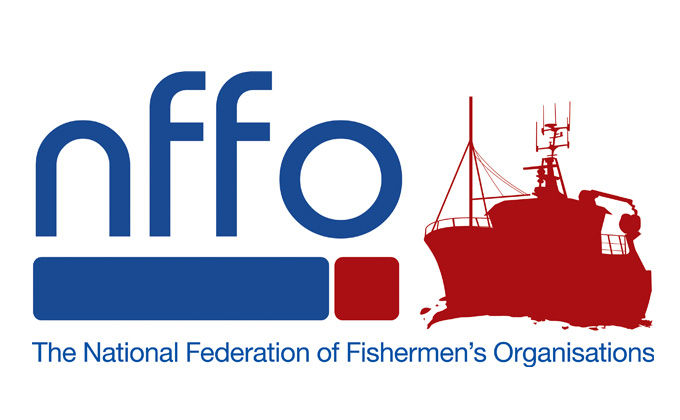14 October 2009
Briefing Note on the Proposed Technical Conservation Regulation
Background
The current rules governing technical conservation rules in Community waters (EC 870/98) have been in need of revision for some considerable time, as cod recovery measures, and something like 12 other amendments require incorporation and consolidation into a single legislative instrument. Discussion on the form and content of a new regulation has been proceeding intermittently over five years, with due recognition for the need to move away from the blanket approach that was the hallmark of 850/98.
All this has been overtaken by events by the Commission’s response to the likely ratification of the Lisbon Treaty and its implications for the management of European fisheries.
In a nutshell, what is an immensely complex and detailed area of policy and was proceeding at snail’s pace, is now being rammed through the Council of Ministers to beat the introduction of co-decision making. We can be assured that this rush to agree an overarching technical conservation regulation, which delegates to the Commission extensive powers to bypass co-decision making, will result in badly thought-through, ill fitting, legislation that will be a nightmare for fishermen and badly serve the cause of conservation.
Primary Concerns
- Of most immediate concern is that the rush to force this legislation through precludes the kind of detailed deliberation, consultation and discussion that is a prerequisite for sensible measures in this area. Experience tells us that it is only through close scrutiny that the anomalies, aberrations, mistakes and unintended consequences will be ironed out. If the new technical conservation regulation is adopted at the October, or November or indeed the December Council, it will have been done without the very minimum dialogue with stakeholders consistent with good governance.
- There is a strong case for delegating responsibility for technical conservation rules to as close to the fishery concerned as possible. However, we have great concerns about the loss of accountability and how the Commission will make use of delegated powers. Specifically, we do not consider that the system of member state involvement through management committee provides an adequate system of checks and balances.
- It is significant that in rushing this latest, radically different version, of the control regulation through, that the regional advisory councils set up in the 2002 reforms to advise on exactly this kind of issue, have been effectively bypassed.
- There is no prospect of a regulatory impact statement associated with this major legislative change because of the rush to get it on the statute books
Impact
There has been little time to study the draft regulation but it is possible to use three issues that highlight the kind of major problems that the present text holds in store for the fishing industry.
- A requirement that vessels which catch more than 10% cod, monkfish and saithe combined must use a 120mm mesh size. This, if implemented, will mean the collapse of the beam trawl fishery and a number of other trawl fisheries in area VII.
- A fundamental contradiction between a ban on high grading and the catch composition rules has not been resolved by the texts and means that the former is totally unenforcible because any vessel operator has the legal defence that he was not high grading but meeting the catch composition rules.
- The minimum landing size proposed for nephrops in area VII will have a direct and immediate effect on vessels’ and processors’ income and economic viability
Political Intervention
We do not know whether member states will allow this travesty of a proposal to proceed. It is clear that the Commission is determined to force it through the Council of Ministers if it can.
What no one should have any illusions about is that:
- This is a thoroughly flawed piece of legislation from the outset.
- It has been radically amended from earlier drafts to circumvent co-decision making
- The fishing industry will pay the consequences of this rushed approach
- Without the kind of detailed scrutiny and consultation that is a precondition for good governance, this legislation will fail both fishermen and fish stocks
NFFO 9th October 2009

